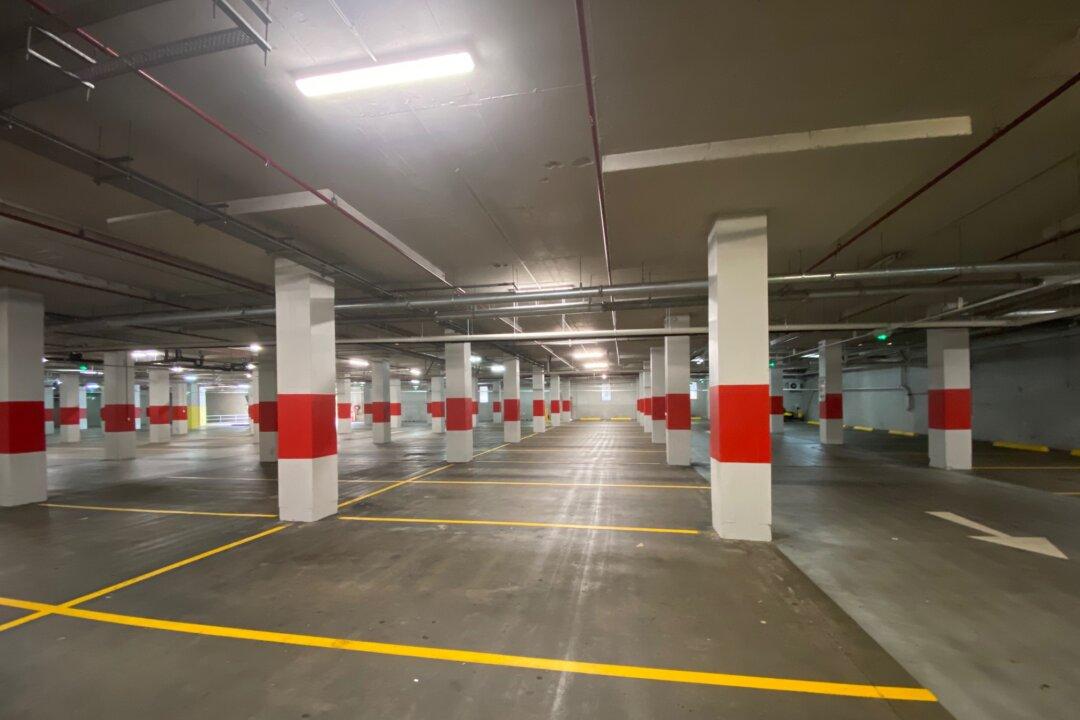Australians are being overcharged up to $6 billion (US$4.01 billion) for car spaces they don’t use, worsening housing affordability and parking availability.
A new study from RMIT University has found unbundling parking from new apartments could save people who don’t own cars tens of thousands of dollars and free up parking spots for those who do.





